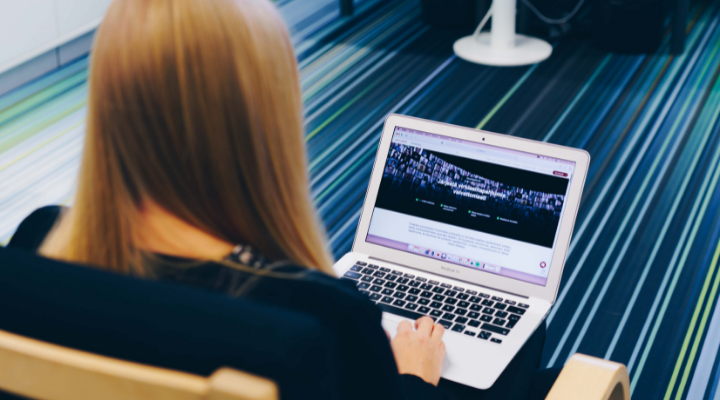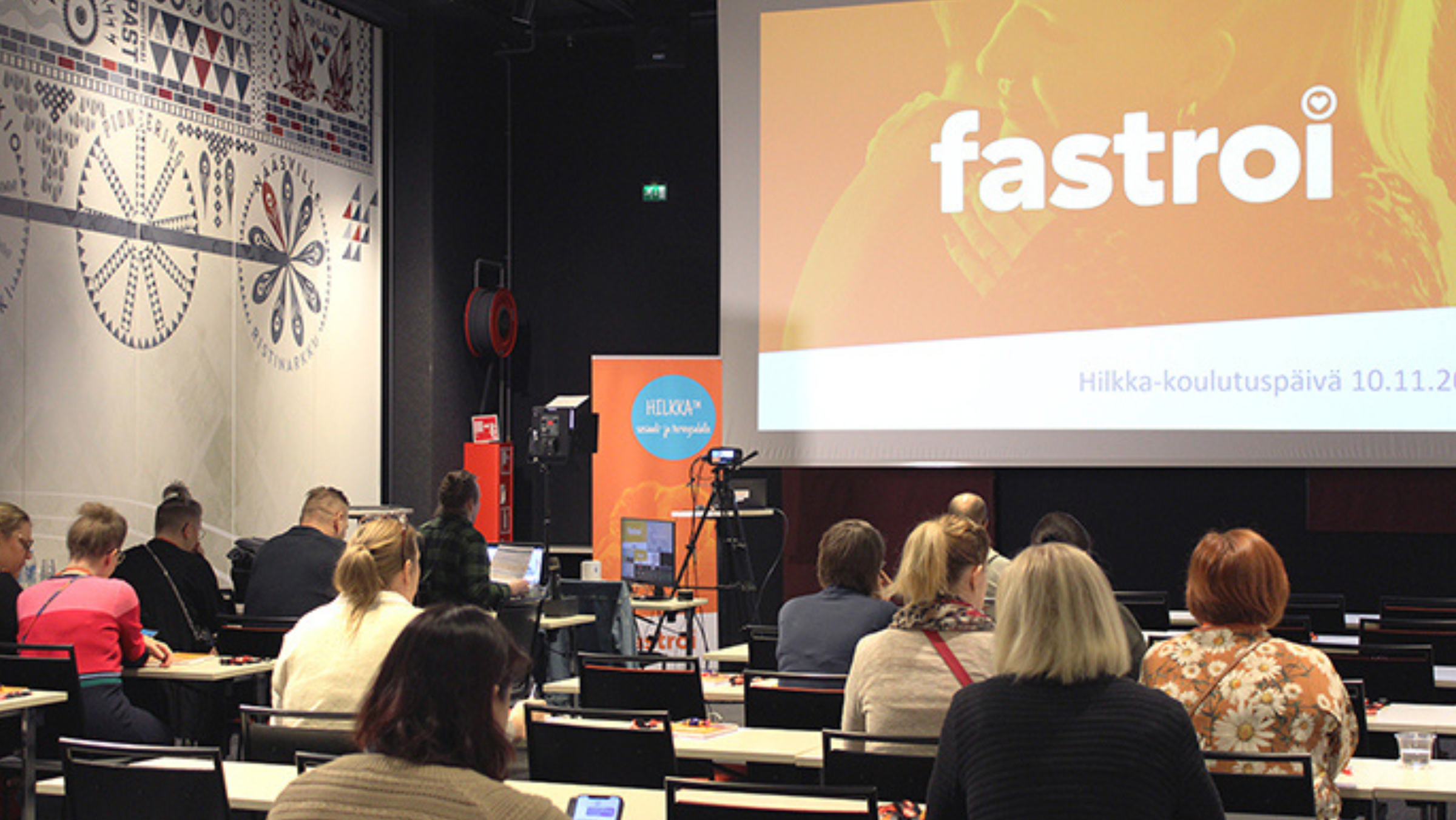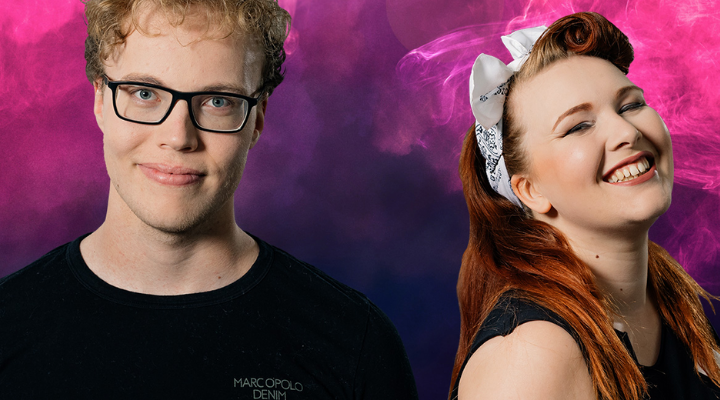Delivering Quality Webinars: How Fastroi Leveraged Liveto for Their Events
Fastroi is an innovative software company in the social- and healthcare industry. Fastroi has developed an industry leading care management system...

The Association for Tourism and Leisure Education and Research (ATLAS) which was founded to develop transnational education and research initiatives in tourism and leisure held their annual conference virtually that was originally meant to take place in Prague, Czech Republic.
ATLAS in a nutshell:
Tourism 21 seeks to generate debate and discussion amongst and between academics, policy makers and practitioners regarding expectations, prospects, policies, plans, ideas, and initiatives for the re-building of global tourism. Conference participants were invited to consider the future of global tourism from international, cross-cultural, and multi-disciplinary perspectives within broad themes such as
In this period of reflection, it was important to bring all the many different sectors together that comprise international tourism to discuss how to adapt to a covid/ post-covid future and it will be shaped by new realities in tourism demand and tourist behaviors.
Members of ATLAS can form Special Interest Groups (SIG’s) related to specific education and research topics or for specific geographic areas. This was also taken into consideration in the program and execution of this year's event. The virtual event was built in such a way that, apart from the above mentioned six themes’ delegates could select to attend, attendees had nine different special tracks they were able to choose from depending on their own interests on the subjects at hand. Special tracks were created on the following themes:
ATLAS had also organized a new form of meeting for the ATLAS Annual Conference in Prague 2021. Alongside the usual paper presentations, they were focusing on their research questions and research processes in the event field through a virtual ‘research cafe’. This meant that there were a number of ‘tables’ at which experts from different fields were leading discussions on hot topics in tourism, leisure and events research. These were built to generate ideas that could lead to research projects, publications, and perhaps even to a new Special Interest Group. The format was to welcome comfortable space for interaction with open conversations in a much broader and more creative way but not to replace the traditional paper presentations at the conference.
Attendees landed in the lobby of the event, which included instructions for the conference attendees. They were able to see the program for all four days from the tab on the top, read more about all the keynote speakers etc. Conference attendees had also received a detailed conference program, workshop program in advance, but were also able to find this information directly from the platform.
By scrolling through, they were able to see all the different rooms and spaces that they were able to access during the conference: main conference hall, welcome reception room, coffee break or lunch room (where you can meet and greet the organizers and other delegates), workshops etc. All the rooms were open throughout the whole event and the conference attendees also had the possibility to have 1-on-1 chats or video calls with each other, or in groups. They were also able to schedule meeting time with each other as well to find a suitable time to connect.
ATLAS had also created a space ‘Meet Senior Academics’ in which the young academics had a chance to talk to senior academics who they might know from their books and other work. There was also a separate space created for the publishers, in which you were able to find a short introduction video of those who were present and contact them.
A special informal student event was also created to give them the opportunity to meet fellow ATLAS students as well as some of the ATLAS board members and organizers were invited to come and listen to the students thoughts, ideas and tell more about the ATLAS membership.
The virtual event gathered about 200 participants and ATLAS was able to create a customized look and feel for their event where the attendees were able to discuss the subjects at hand. The event organizers confirmed that the event went well and smoothly -participants were active, the virtual event platform worked well.
"The cooperation with Liveto was wonderful. The platform worked well, it was very user friendly, easy to use and it gives a full benefit in interacting with other attendees should they want to do so. You will be able to choose yourself if you want to be networking or just enjoying the event yourself.”- Jantien Veldman, Project Manager, ATLAS
ATLAS had also asked their attendees about their experiences about the platform and received good feedback. Some of the comments from the attendees anonymously were:
“Liveto platform is intuitive and works well.”
“Very friendly and efficient platform.”
“Highly recommend it for conferencing. Flexible and interactive”
“Easily usable platform, very good.”
“It was very user-friendly, I had never heard about the platform before and was pleasantly surprised.”
Read more about the virtual event platform.

Fastroi is an innovative software company in the social- and healthcare industry. Fastroi has developed an industry leading care management system...

Association events vary from a large annual conference & exhibition to much smaller events. We had the honor to have a successful event professional ...

”JAMK University of Applied Sciences is an international higher education institution with expertise in 8 different fields of study.” In December...